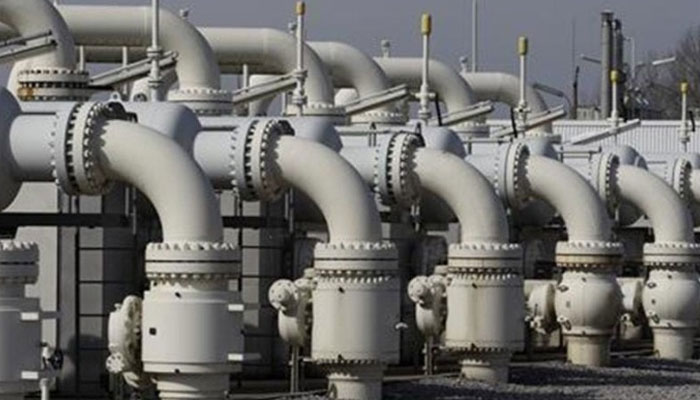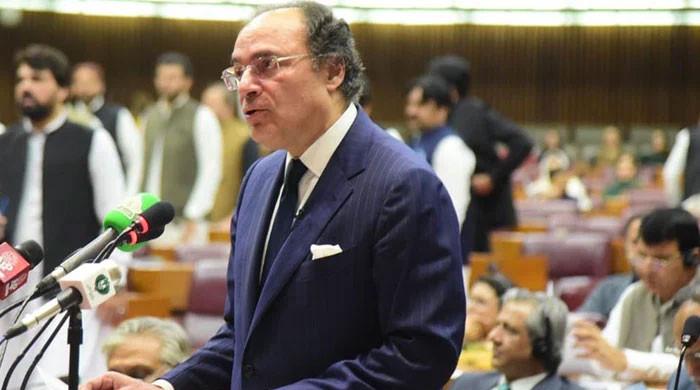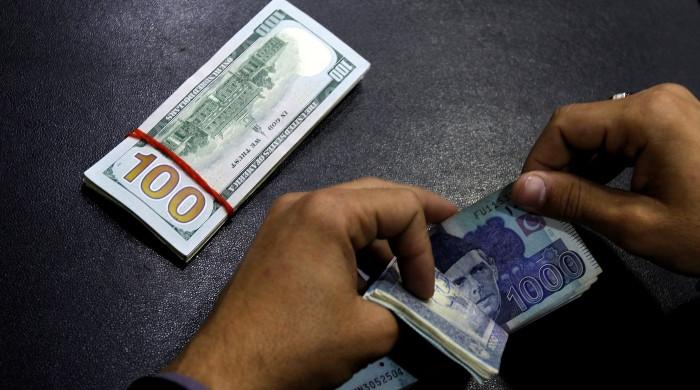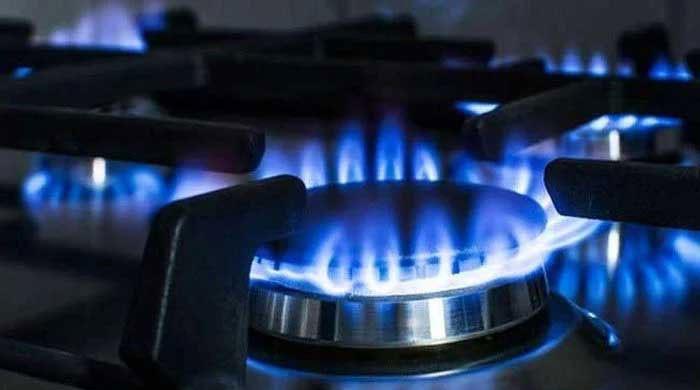Under IMF diktat: Govt set to bring gas tariff for CPPs on par with RLNG price from July 1
Government does not want to further increase the gas tariff for protected and other domestic consumers
April 08, 2024

- Govt functionaries seek time from IMF up to Dec 2024.
- IMF asserts that task should be completed by Jun 2024.
- Govt doesn't want to increase tariff for domestic consumers.
ISLAMABAD: The International Monetary Fund (IMF) has asked the government to increase the gas tariff for captive power plants (CPPs) on par with the price of Re-gasified Liquefied Natural Gas (RLNG) from July 1, 2024-25.
“The government has no option but to increase gas price for captive power plants on par with the RLNG prices. These plants have 30-35% efficiency and most of the CPPs are installed in Sui Southern network,” senior officials of the Energy Ministry told The News.
The government functionaries, they said, had sought time from the IMF up to December 2024 for switching the CPPs to national electricity grids, as many of them are not connected with the national grid. However, the IMF is asserting that the task should be completed by June 2024 with increase in their tariff up to the price of RLNG to be applicable from July 1, 2024.
“The gas tariff for captive power plants currently stands at Rs2,750 per MMBTU. The said plants, by using natural gas as input fuel, not only generate electricity for their industrial consumption but some of them also sell electricity generated by the natural gas to electric power distribution companies (DISCOs).”
When asked which consumers of gas would face the hike in tariff when the Oil and Gas Regulatory Authority (Ogra) will increase the gas tariff through its determination to meet the revenue requirements of Sui gas companies in 2024-25, the official said the government has made up its mind to increase the gas tariff of captive power plants under the IMF diktat. In addition, the government is also pondering on increase in gas tariff for the power sector, as the existing gas price for power plants stands at Rs1,050 per MMBTU.
The Sui Southern had asked for an increase in gas price by Rs274.4 per MMBTU, but Sui Northern pleaded for a massive increase of Rs2,646.18 per MMBTU from July 1, 2024, putting the gas price at Rs4,447 per MMBTU. The gas companies have included the previous years’ shortfall of Rs600 billion in their petitions, asking for a massive increase from July 1, 2024. The government officials are of the view that Ogra would come up with the marginal increase in tariff, may be in the range of 10-15% hike with the impact of Rs100-150 billion in the tariff against the lofty assumptions in the petitions of Sui gas companies.
“The top functionaries have identified the power plants that include Guddu power plant, KE power plant, Nooriabad power plant and Engro Power of which the gas tariff will be increased. Guddu power plant is getting 180 mmcfd natural gas at the cost of Rs1,050 per MMBTU, KE power plant 10 mmcfd, Nooriabad power plant 20 mmcfd and Engro power plant 35mmcfd gas. The gas tariff for the power sector has not been increased since January 2023 despite two hikes in gas tariff, one from November 1, 2023 and second from February 1, 2024.”
However, in the domestic sector, high-end consumers, are already paying high tariffs not only at par the RLNG price but also more than that. The government, last time, also increased the gas tariff of protected consumers by up to 67%.
The federal government does not want to further increase the gas tariff for protected and other domestic consumers. The industrial tariff for processing is also at the higher side of 2150 per unit. However, in Punjab, the industrial consumers are being provided with a blend of RLNG and local gas at ratio of 75:25% and in Sindh 40:60.
The domestic gas consumers have already experienced a two-time increase in gas prices — up to 193.3% from November 1, 2023 and then up to 67% from February 1, 2024. The government has increased the gas price massively in the current financial year 2023-24 to achieve revenue target of Rs902 billion, knowing the fact that the revenue requirement for current fiscal stands at Rs701 billion. While consumers are under pressure, the gas companies have submitted their new petitions for 2024-25 based on exaggerated assumptions.”
The officials said that the maximum increase from July 1, 2024 may hover between 10-15% after rationalising the assumptions by Ogra, excluding the previous years’ shortfalls. They hoped that Ogra would not allow the gas companies to recover huge previous year shortfalls from consumers in one go as it did in the past. However, the regulator needs to stagger the impact of previous years’ shortfalls and likewise, the RLNG diversion cost to the domestic sector also needs to be reviewed. The top mandarins of the ministry want to limit the use of RLNG in the domestic sector as it causes a hike in the tariff.
In the ongoing fiscal, the RLNG cost of Rs232 billion is estimated to be incurred on RLNG diversion from November 2023 to March 2024. However, the cost of RLNG diversion of Rs250 billion to the domestic sector during the period FY19 to FY22 has not been recovered so far and it has become a part of the circular debt of Rs2.9 trillion.
Officials said out of Rs2.9 trillion circular debt, Rs1 trillion had been added just because of no increase in gas prices in the last 10 years. “OGRA used to give determinations but the governments avoided an increase in gas tariff. Because of this fact, Rs1 trillion has been added to the circular debt.”
Originally published in The News











